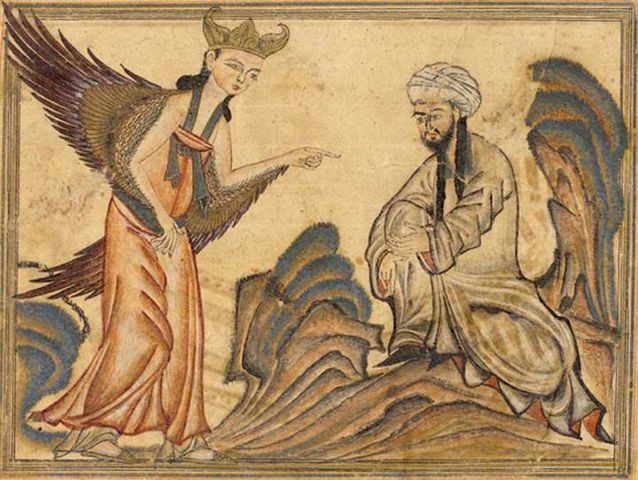Rasool vs Nabi
The main difference between Nabi and Rasool, two important positions in Islam, is the rank that each one holds. Both Nabi and Rasool are messengers or prophets from Allah, the God. However, there are subtle differences between them, and the terms cannot be used interchangeably. This article will discuss these differences to help understand their distinctions. Both positions are very important in Islam.
The holy book of Muslims, the Quran, talks about two different kinds of messengers: Nabis and Rasools. Some messengers were only Nabi, while others were both Nabi and Rasool.
Who is a Nabi?
A Nabi is a messenger of Allah who carries the Sharia of the earlier Rasool. Every messenger is a Nabi, though not all Nabis are Rasools. In other words, every messenger or prophet is born as a Nabi, but not all can reach the rank of Rasool.
A Nabi receives messages from Allah through angels, but does not interact with them while awake; the angels deliver the message of Allah Tala when the Nabi is asleep. There have been a large number of Nabis in the world, with 124,000 mentioned in the Quran.
Who is a Rasool?
A Rasool is a messenger sent by Allah who carries a new Sharia (or code of law) for the people. A prophet is born a Nabi, but becomes a Rasool only when he receives the post officially. For example, Prophet Muhammad was a born Nabi but became a Rasool at age 40 when he received the message of Allah and delivered it to the masses.
There are differences in how Rasool and Nabi receive messages from Allah. A Rasool receives messages through visions during sleep or by communicating with angels when awake, as they deliver the message of Allah to him.
There have been five Rasools in Islam: Hazrat Nooh, Hazrat Ibrahim, Hazrat Musa, Hazrat Isa, and Hazrat Muhammad. Each Rasool carried a new Sharia from Allah, with the last one from Hazrat Muhammad believed to last until the end of the world.
Key Takeaways
- Rasool is a higher rank than Nabi, with only five Rasools while there have been many Nabis.
- Rasools come with a new Sharia, while Nabis carry forward the Sharia of earlier Rasools.
- Rasools can see and communicate with angels while awake and asleep, while Nabis can only see angels when asleep.
